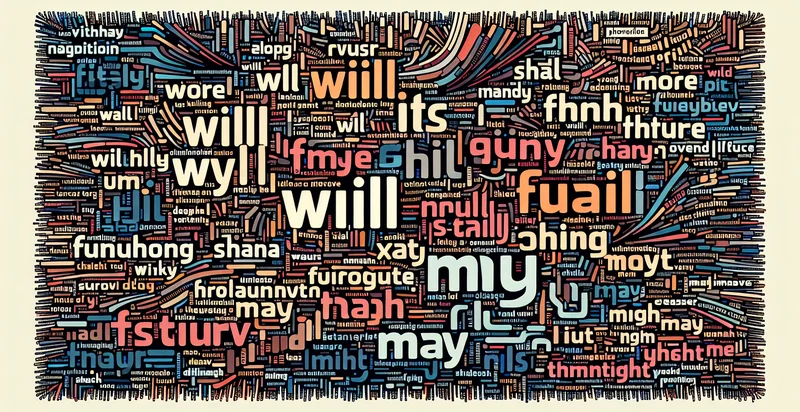Identify if a text contains past tense verbs
using AI
Below is a free classifier to identify if a text contains past tense verbs. Just input your text, and our AI will predict if it contains past tense verbs - in just seconds.

Contact us for API access
Or, use Nyckel to build highly-accurate custom classifiers in just minutes. No PhD required.
Get started
import nyckel
credentials = nyckel.Credentials("YOUR_CLIENT_ID", "YOUR_CLIENT_SECRET")
nyckel.invoke("if-a-text-contains-past-tense-verbs", "your_text_here", credentials)
fetch('https://www.nyckel.com/v1/functions/if-a-text-contains-past-tense-verbs/invoke', {
method: 'POST',
headers: {
'Authorization': 'Bearer ' + 'YOUR_BEARER_TOKEN',
'Content-Type': 'application/json',
},
body: JSON.stringify(
{"data": "your_text_here"}
)
})
.then(response => response.json())
.then(data => console.log(data));
curl -X POST \
-H "Content-Type: application/json" \
-H "Authorization: Bearer YOUR_BEARER_TOKEN" \
-d '{"data": "your_text_here"}' \
https://www.nyckel.com/v1/functions/if-a-text-contains-past-tense-verbs/invoke
How this classifier works
To start, input the text that you'd like analyzed. Our AI tool will then predict if it contains past tense verbs.
This pretrained text model uses a Nyckel-created dataset and has 2 labels, including Contains Past Tense Verbs and Does Not Contain Past Tense Verbs.
We'll also show a confidence score (the higher the number, the more confident the AI model is around if it contains past tense verbs).
Whether you're just curious or building if a text contains past tense verbs detection into your application, we hope our classifier proves helpful.
Related Classifiers
Need to identify if a text contains past tense verbs at scale?
Get API or Zapier access to this classifier for free. It's perfect for:
- Content Analysis for Historical Trends: Organizations can analyze historical data and reports to identify trends over time. By classifying texts for past tense verbs, companies can effectively assess the implications of past actions and decisions to inform future strategies.
- Customer Feedback Evaluation: Businesses can utilize this classification to analyze past customer reviews or feedback. Understanding the language that indicates past usage or experiences helps refine products or services based on historical customer sentiment.
- Sentiment Analysis in Marketing: Marketers can use this tool to evaluate the effectiveness of past campaigns by identifying how past performances are discussed in content. This allows them to optimize future marketing strategies based on insights derived from historical performance metrics.
- Legal Document Review: In the legal sector, identifying past tense verbs in documents can assist in reviewing contracts and agreements. This function can highlight completed actions or obligations, ensuring compliance and accuracy in legal terminology.
- Project Management Reports: Project managers can apply this classification to assess project completion reports. By identifying verbs in the past tense, teams can evaluate what has been accomplished, facilitating better insights into project progress and planning.
- Research and Academic Writing: Academics can benefit from this classification in writing and peer-review processes. By ensuring that past research and findings are correctly articulated using past tense verbs, this function aids in maintaining clarity and precision in scholarly work.
- Historical Event Documentation: Journalists and historians can use this function to categorize and analyze texts about historical events. This ensures that narratives and reports focus on past occurrences, providing a clearer context for understanding historical significance.


